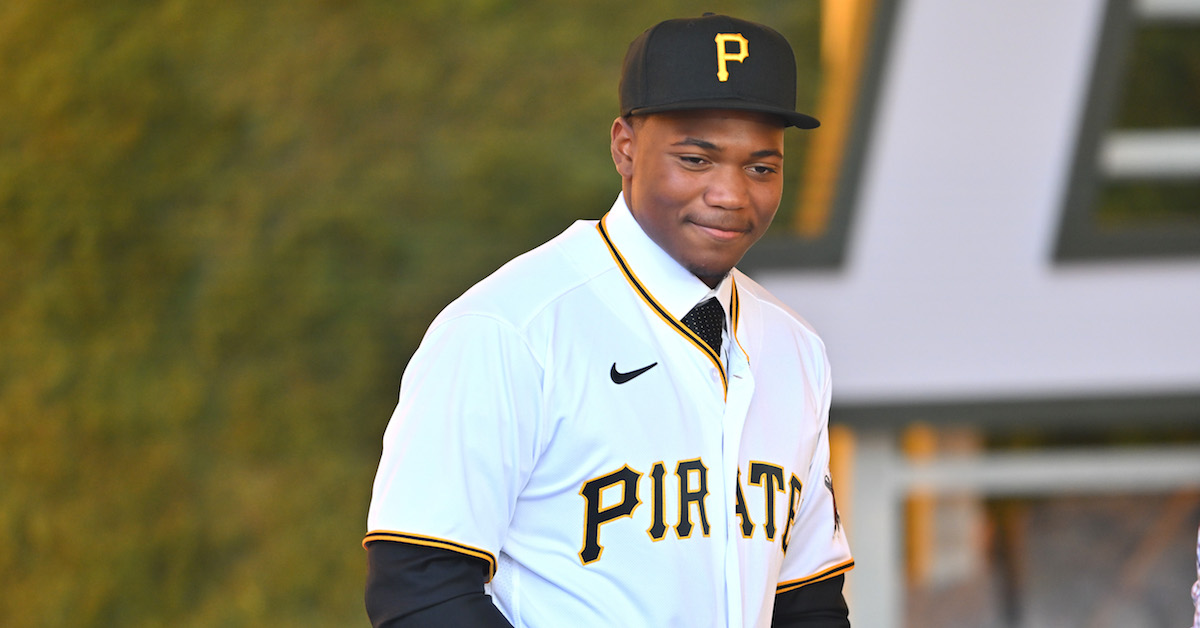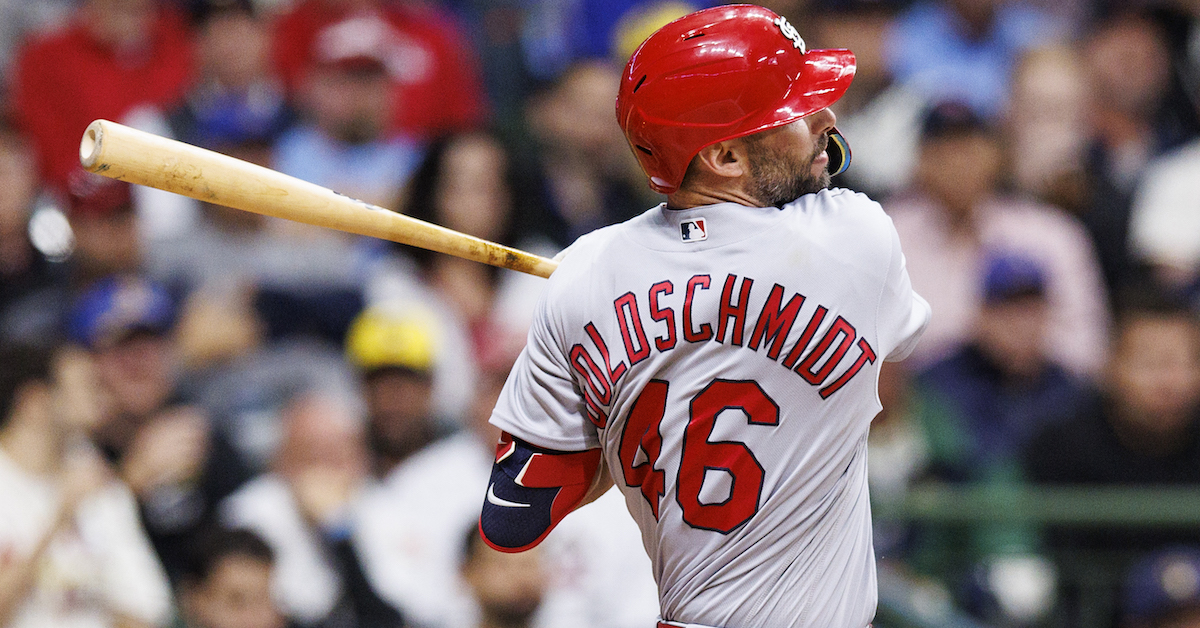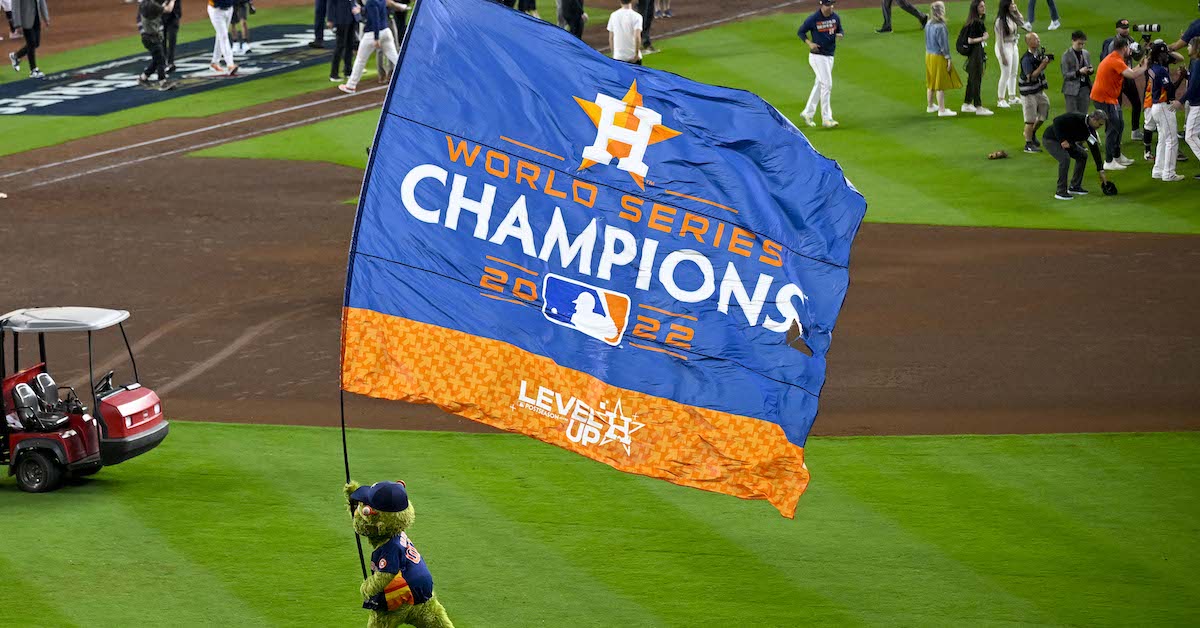Software Engineering Associate, Baseball Systems
Location: Citi Field – Queens, New York
Job Description:
The New York Mets are seeking a Software Engineering Associate. This associate will design, build, test, and deploy mobile and web applications that enrich the Mets data ecosystem and inform decision-making within Baseball Operations. The ideal candidate would be an engineering generalist with prior experience. Prior experience in or knowledge of baseball is a plus but is not required.
Pay Rate:
$18.15/hr
Essential Duties & Responsibilities:
- Develop exciting user-facing features
- Collaborate with a variety of internal stakeholders to validate designs and facilitate clean rollouts and deployments of new products
- Integrate with a variety of third-party APIs to enrich the New York Mets data ecosystem
- Document technical architectures and baseball-specific systems
- Maintain and update a broad collection of internal applications that enhance player development, scouting, and executive decision making
- Job will include mentorship, hands-on production coding, building and fixing tools for baseball stakeholders
Qualifications:
- Bachelor’s degree in computer science or a related field
- 1+ years of relevant work experience
- Some experience in Javascript (including React, React Native, and/or Node.js frameworks)
- Some cloud experience (AWS, GCP, etc)
- SQL experience
- Familiarity with modern agile practices and development tools
- Ability to work collaboratively with others
- Strong written and verbal communication skills
- Prior experience in baseball is a plus
To Apply:
To apply, please follow this link.
Product Design Associate, Baseball Systems
Location: Citi Field – Queens, New York
Job Description:
The New York Mets are seeking a Product Design Associate. This designer will work with Baseball Systems to help design the user experience of mobile and web applications that enrich the Mets data ecosystem and inform decision-making within Baseball Operations. This position requires a designer that is comfortable designing low- and high-fidelity mockups for a wide array of stakeholders within Baseball Operations. The ideal candidate would have a strong grasp of modern design tools with prior experience rapid prototyping and working collaboratively within a software engineering team. Prior experience in or knowledge of baseball is a plus but is not required.
Pay Rate:
$18.15/hr
Essential Duties & Responsibilities:
- Day-to-day design production working with product managers, engineers, and designers, leveraging our design system to maintain brand consistency across products and optimize the full product life cycle
- Create UX related design assets such as wireframes, sitemaps, user stories, user journeys, and prototypes to help illustrate solutions
- Take part in qualitative and quantitative data collection across the organization to validate the development and adoption of new tools and features
- Stay up to date on UX/UI best practices, patterns, and disciplines
- Take part in design reviews and feedback sessions where you will present your work as well as provide feedback to others
- A willingness to learn, and a hunger to problem solve
Qualifications:
- 1+ years of relevant experience in UX or product design
- Portfolio of UX and product design projects with an eye toward process and collaboration
- Strong proficiency in Figma and other collaborative design and prototyping tools
- Ability to work cooperatively with others
- Familiarity/experience within an agile environment
- Strong written and verbal communication skills
- Prior experience in front-end development, including CSS, is a plus
- Prior experience in baseball is a plus
To Apply:
To apply, please follow this link.
Product Management Associate, Baseball Systems
Location: Citi Field – Queens, New York
Job Description:
The New York Mets Baseball Systems Department is seeking a Product Management Associate that will help reinforce the product development lifecycle in partnership with teams across baseball operations to the build-out of internal products in collaboration with Software Engineering and Design.
Pay Rate:
$18.15/hr
Essential Duties & Responsibilities:
- Help lead the development and implementation process for products throughout the product development lifecycle
- Facilitate broad collaboration with clear communications and documentation
- Collect and analyze relevant feedback and take action accordingly
- Drive and track key results, success criteria, and performance metrics in order to leverage insights on product performance and user needs
- Develop and execute plans under a set of implementation and delivery time constraints, optimizing for a blend of cost, schedule, and features
- Analyze current user experiences to identify friction points in order to create simple and effective experiences
- This opportunity will allow you to identify investment opportunities, evaluate tradeoffs, and drive the product roadmap
Qualifications:
- Bachelor’s degree is strongly preferred
- Strong analytical capabilities coupled with good business savvy
- Attention to detail without becoming lost in the details
- Strong communication, organization skills, mentality, and eagerness to learn
- Ability to operate in an environment of ambiguity with diverse partners
- Strong knowledge pertaining to information technology including proficiencies with Excel and other Microsoft Office software.
- Interest or experience in leading projects with a strong organizational mindset
- Spanish speaking skills are a plus
- SQL/Analytical experience is a plus
- Ability to work evenings, weekends, or holiday hours.
To Apply:
To apply, please follow this link.
The content in this posting was created and provided solely by the New York Mets.








